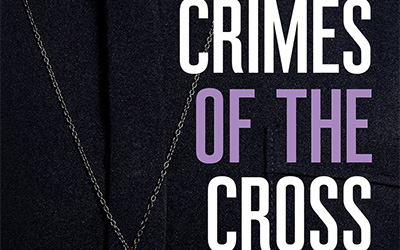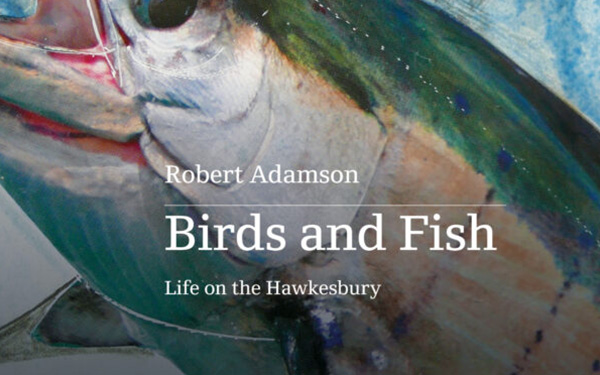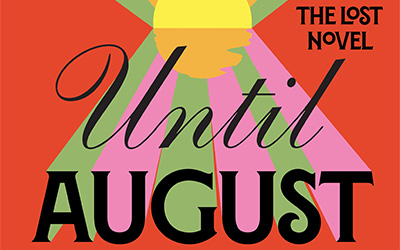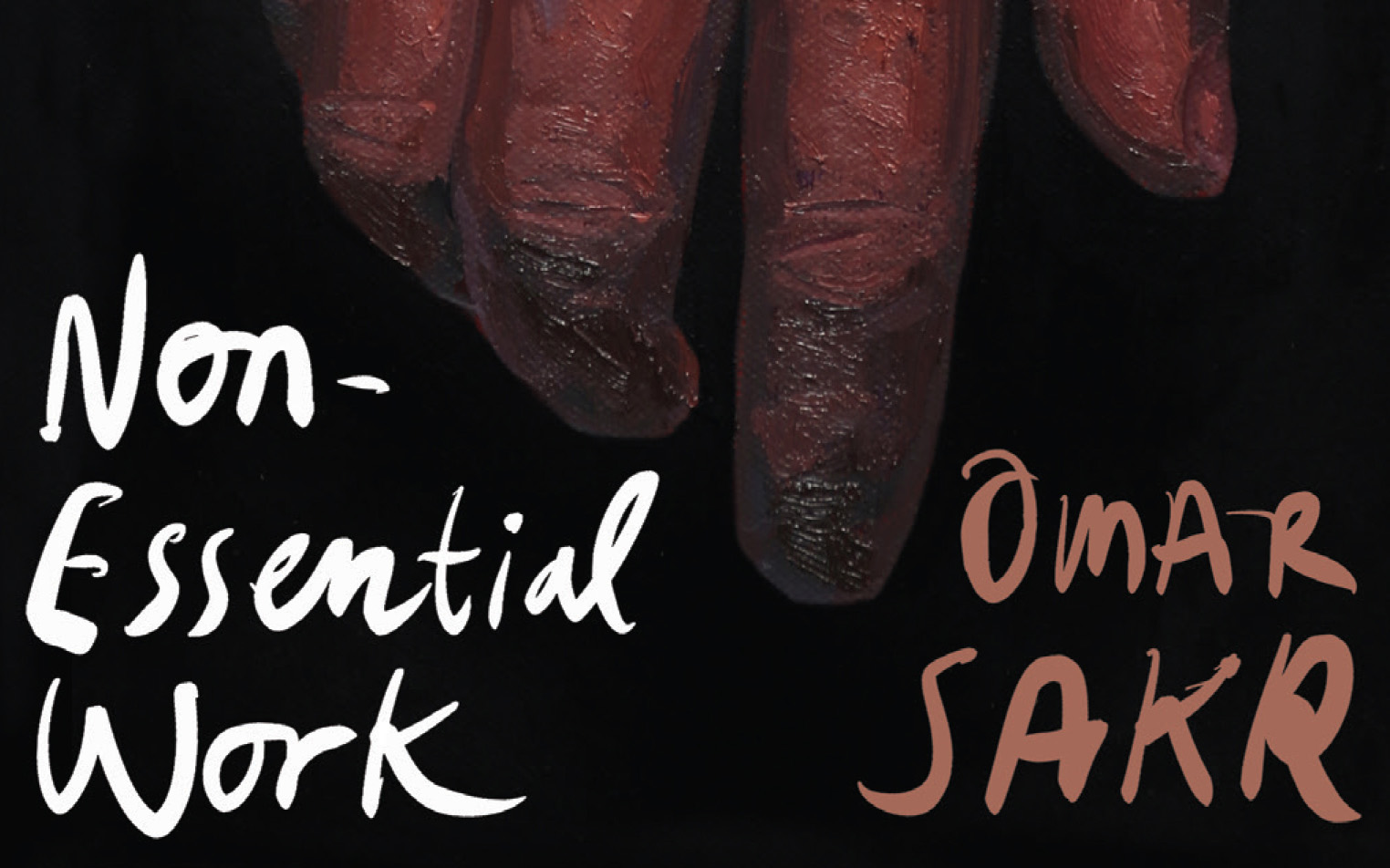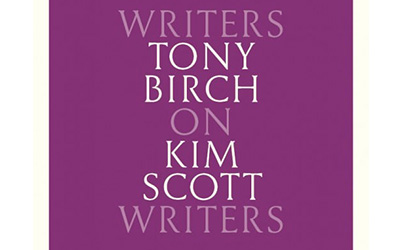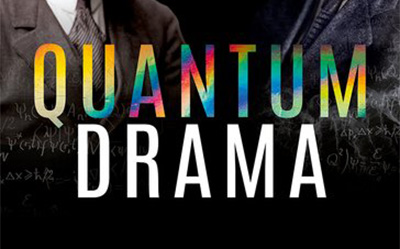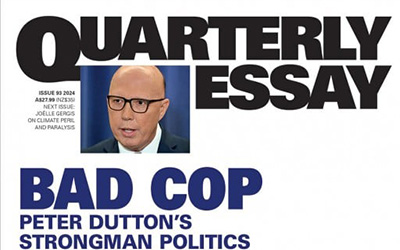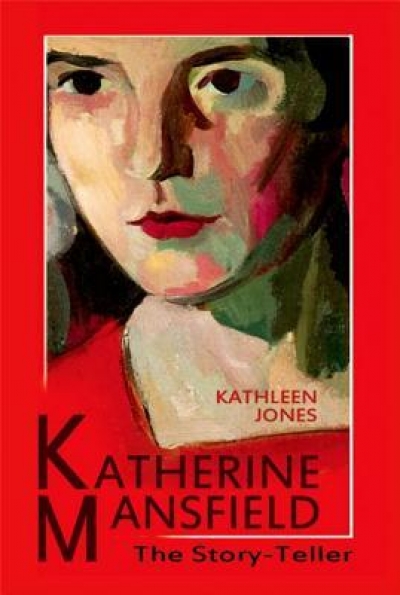Crimes of the Cross: The Anglican paedophile network of Newcastle, its protectors and the man who fought for justice by Anne Manne
My first encounter with the writing of Anne Manne was ten years ago when I read The Life of I, her incomparable treatment of the various expressions of what she calls ‘the new culture of narcissism’. Some of the examples she adduces in that book are singularly monstrous – like the grandiose bloodlust of Anders Breivik or the sexual malevolence of Ariel Castro – while others are more like expressions of a dominant cultural logic, such as neoliberalism’s valorisation of self-sufficiency and the penalties it accordingly inflicts on both the vulnerable and those who care for them. But in each case she identifies a conspicuous failure of empathy, an incapacity (or perhaps unwillingness) to regard the moral reality of others such that it might present some constraint on the imposition of one’s will, some limit to the realisation of one’s designs.





